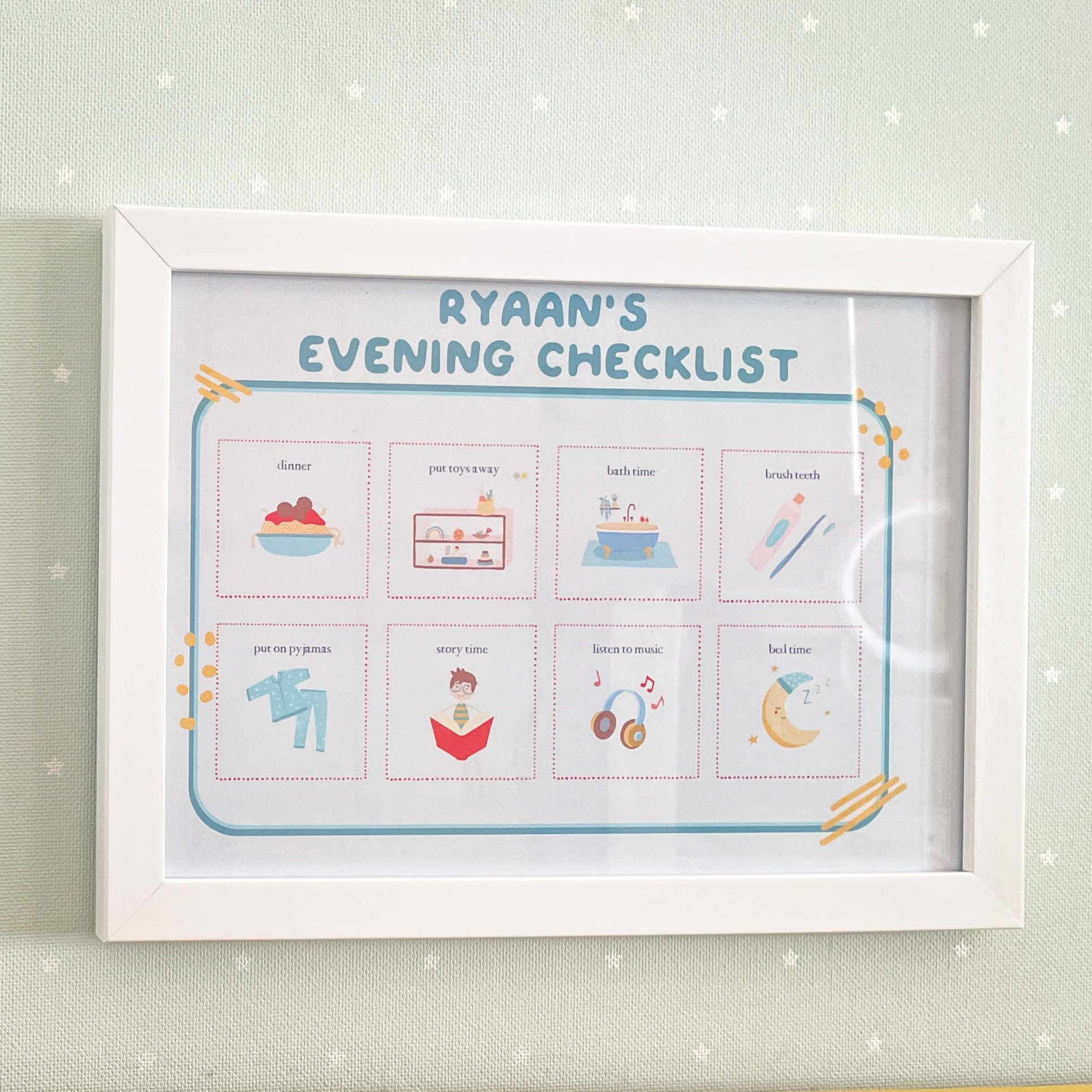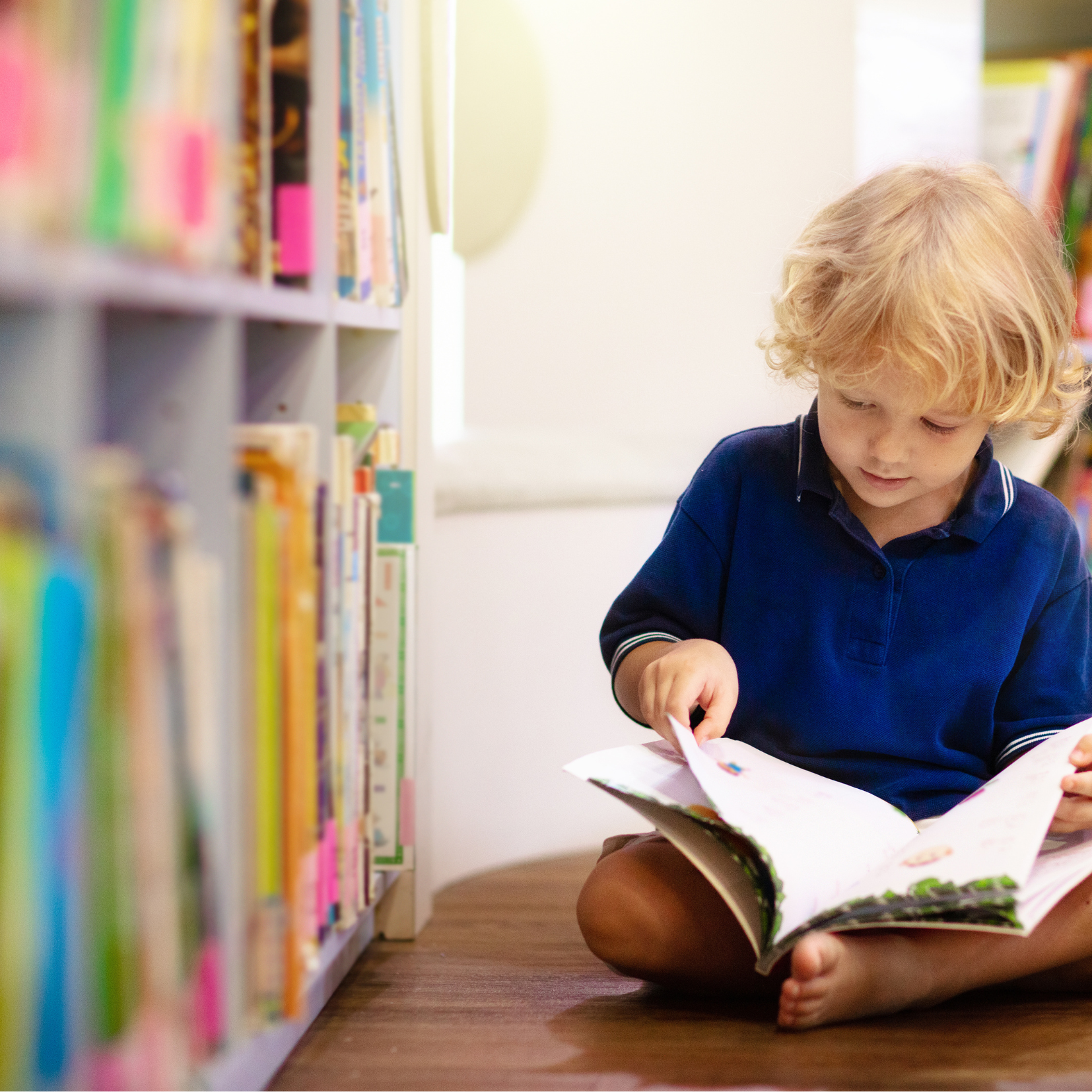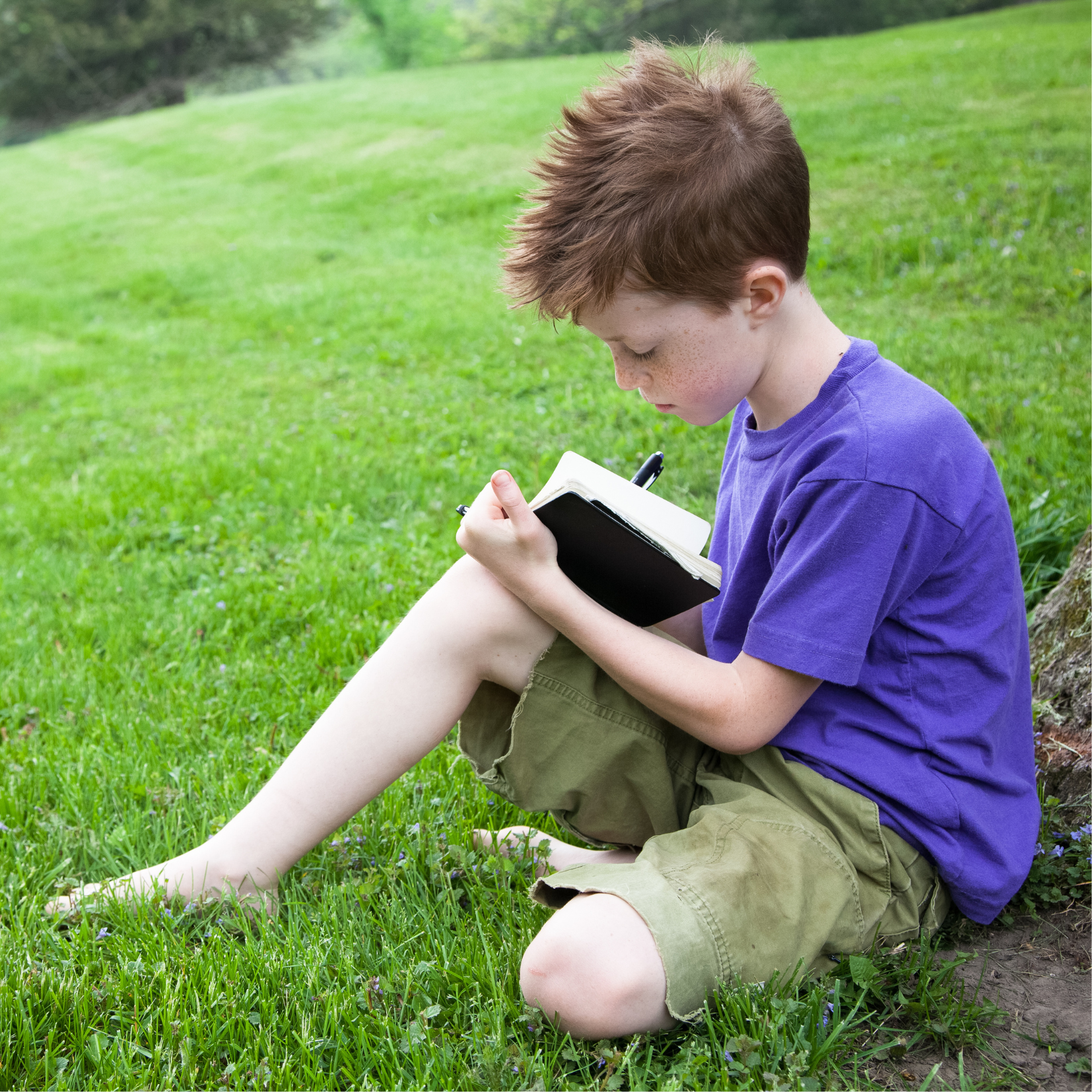Montessori home: 8 top tips for getting through the summer with kids
Summer holidays can be a time of anxiety for many parents as we are faced with our kids at home for 6-8 weeks. Read on for my top eight tips on getting through the summer holidays with young children, whether in your own home or while on vacation somewhere.
1) Establish and maintain some kind of routine
With schools out, there is often a tendency to throw all semblance of a routine out the door. While it’s great fun to do this for a few days and enjoy not having to rush out of the door at a particular time, it quickly gets stale. Children become edgy when they do not know what to expect in their days, and parents are driven up the wall when children aren’t cooperating with last-minute plans.
I would recommend establishing a new routine for the summer, just around the big things like meals, sleep times and outdoor time. It could be something as simple as:
Morning
Wake up, have breakfast
Free play
Afternoon
Lunch
Nap / TV time
Evening
Outdoor play
Dinner
Bath & bed
For younger children, this can be displayed visually with pictures, so they know what to expect. Older children can have their routines printed out and displayed, so they always know what to expect.
TIP
Sometimes things change at the last minute, and we need to adapt the schedule accordingly, e.g. taking them for a theatre show at a specific time or having friends over during what would normally be TV time. Sometimes this can cause children to have big feelings if they haven’t been given ample notice. My tip is to prepare them as much as possible beforehand, so they know what to expect when things happen differently. Giving them enough notice usually gives them time to process and deal with the big feelings.
2) Involve them in planning your days
Involve your children in planning your days. At the start of the summer, it’s useful to sit your kids down and discuss what your days will look like. They can be involved in developing the daily routine mentioned above.
There will be days when you are taking your children out or maybe even for short trips. Involving them in planning and packing for the trip will make them feel more involved and prepared for what is to come. You can involve your children depending on their age and abilities. A toddler will be able to help place diapers in a bag and choose two books for the day out, while a school-age child can be involved in choosing driving routes on the map.
Being involved in the planning process gives your children a sense of responsibility and a sense that they are an essential part of the trip. They are also much more likely to cooperate when their choices have been taken into account.
TIP
If planning a short trip over the summer months, try making a simplified travel itinerary for them so that they know what to expect each day. Here is a great template to use.
3) Embrace free time and boredom
Try not to overschedule your summer holidays. It is tempting to fit in as much as possible and take children out for full days of activities. Not only is this draining for us, but it is also exhausting for children. Often they miss free-play with their toys at home, which they don’t get much of when school is on.
Initially, there might be some pushback and cries of “I’m bored”, but if left to it and allowed to be bored, your children will surprise you with how creative they can get with their play. I am a huge advocate of free play time and love to see the things children come up with when left to their own devices. Free play helps develop creativity and new skills like collaboration and leadership skills.
Don’t rule out time spent in the local playground or just reading books together; these can be just as valuable as a trip to the museum.
TIP
Schedule just one activity a day and leave the rest of the day free for unstructured play.
4) Get enough sleep
We often use the holidays as an excuse to stay up late in the hopes that kids will wake up later in the morning. If your children are anything like mine, chances are they’ll be awake at the crack of dawn regardless of when they get to bed. In the long term, not sleeping enough will affect your children’s emotions and energy, and yours too.
It is perfectly fine to push bedtimes back every now and then, but I wouldn’t recommend it for the entire six to eight weeks of summer holidays. If early bedtimes aren’t working for you, try offering a nap in the afternoon to catch up.
TIP
Read books together before bed to help children wind down. Even though he is starting to read independently, being read to is a huge incentive for my 5-year-old son to get to bed as it is our quality time together (without his little sister). At the moment, we read a chapter of a Road Dahl chapter book every evening, and he loves it!
5) Go to the library and read a lot!
We often think that the summer holidays are very expensive because of all the activities we have to take our kids to, but one of my favourite things is to take them to the library often! Not only does going to the library refresh our selection of books to read at home, but it also counts as an activity and can be done for free!
We often spend our summers with family in Singapore, so libraries are a blessing since it means I don’t have to travel with a ton of books.
TIP
Look out for read-aloud sessions in your local library; kids love them, and you might just sit down and have a cup of coffee.
6) Spend time in nature every day
The Montessori approach strongly advocates time spent in nature. Most Montessori schools have classrooms inspired by nature and often have outdoor spaces where kids can go in and out freely. Nature offers rich sensory experiences that are hard to parallel and allows children to explore freely without too many restrictions.
Click here to read more about the Montessori principles.
TIP
If you are travelling over the summer and your destination isn’t very nature-focused, try and find a local playground or park where your children can spend some time doing outdoor activities.
7) Have them write a daily journal
For school-age children who have learned to write, writing a daily journal is such a good habit of getting them into. It is a great way of keeping up with reading and writing that they have been learning in the school year without the pressure of it being seen as “homework”. It also serves as a record of all the things they got up to over the summer. If they aren’t going out much, then the journal could even be a few lines about what they are grateful for each day.
TIP
Set aside half the page for children to draw what they are writing about or doodle. This makes it more fun as they get to use different colours and art supplies to illustrate their journal. They can be as creative as they like with it!
8) Go with the flow and have fun!
All of the above are merely suggestions; you do not have to do them all. The last thing I intend for this post is to add to your already neverending to-do list. Remember that at the end of the day, these are summer holidays that are meant to be enjoyed. Ditch the mom guilt, go with the flow and have fun!
TIP
Take thirty minutes a day to do something just for yourself (exercise and showers do not count). It could be going for a massage, painting, meeting a friend for coffee, or anything that is just for you and that brings you joy.
I’d love to hear which of these tips, or any others, helps you get through school holidays.








